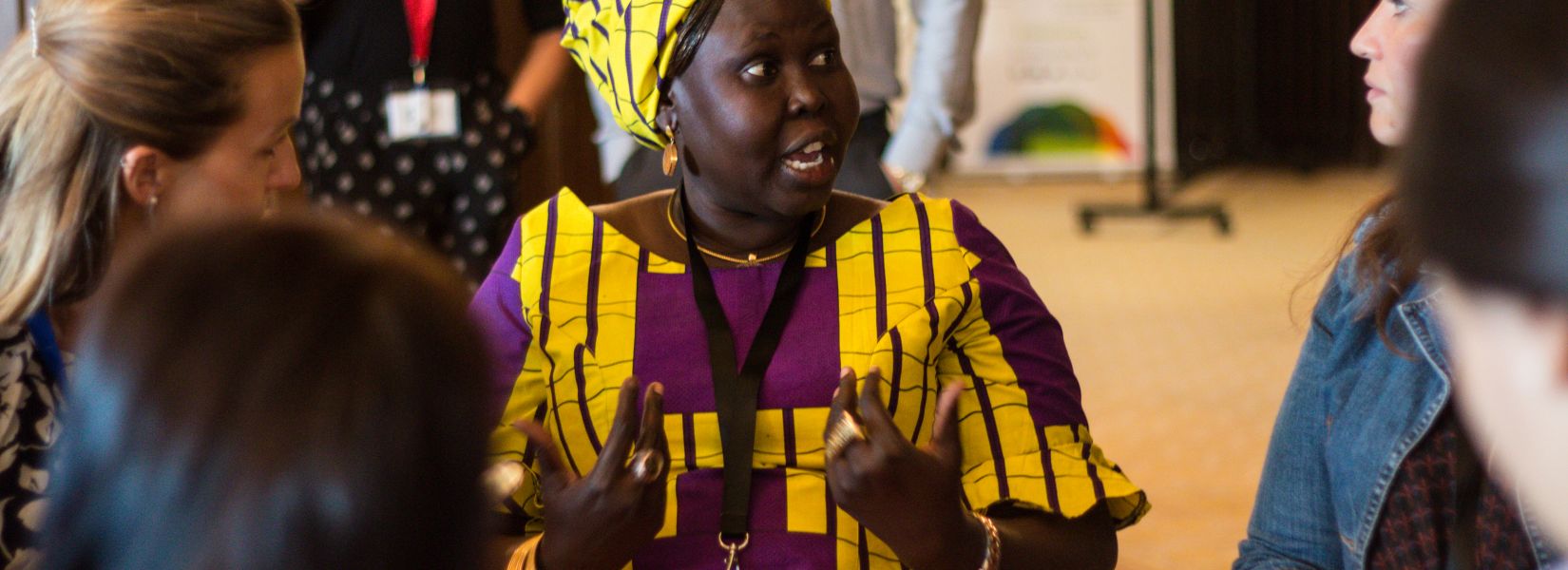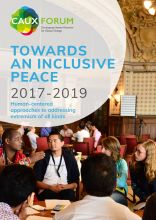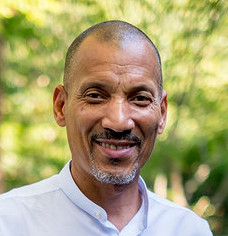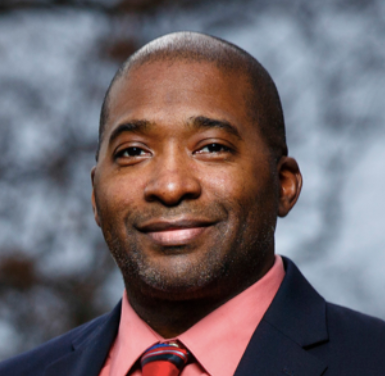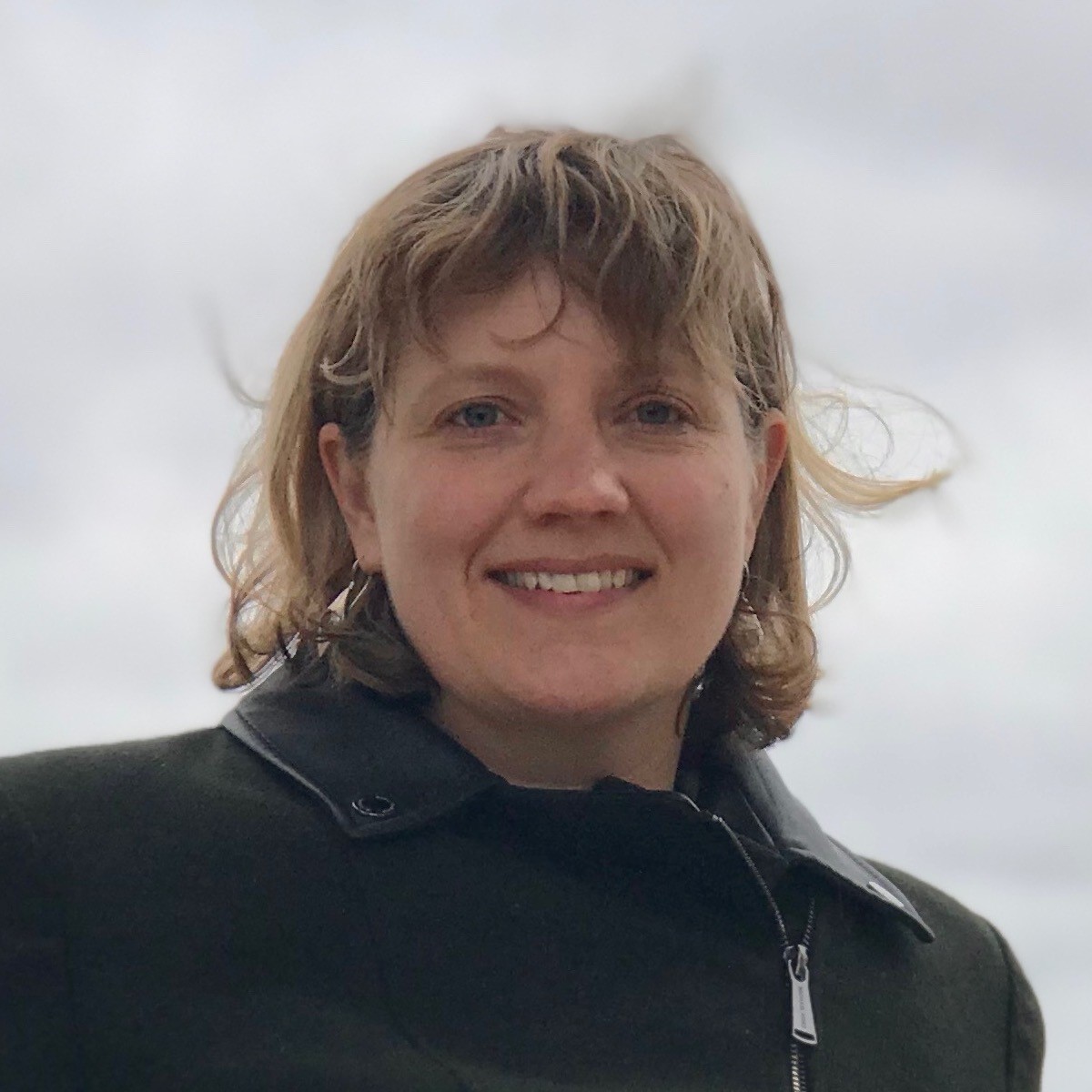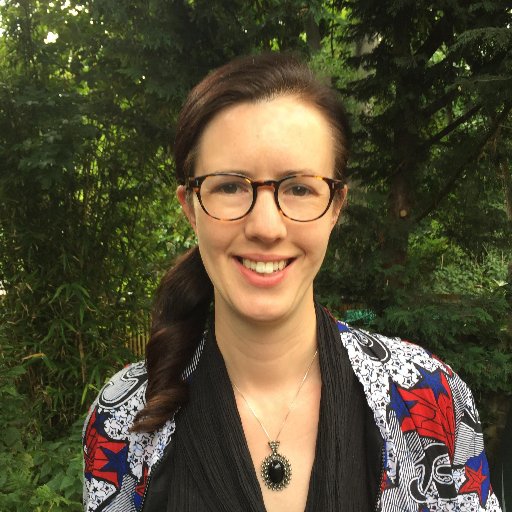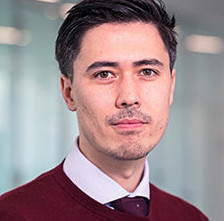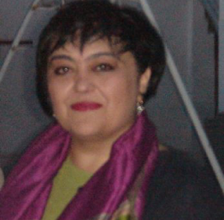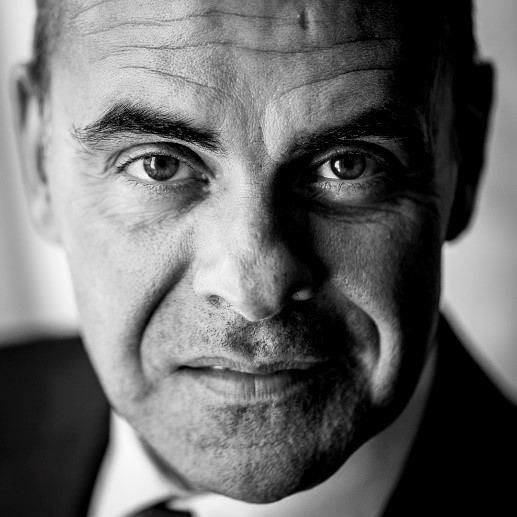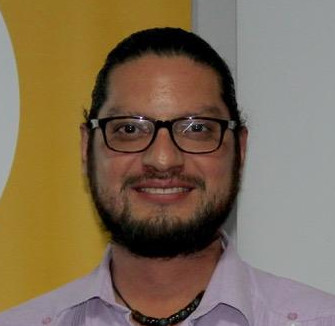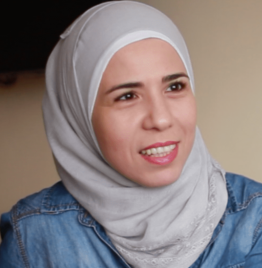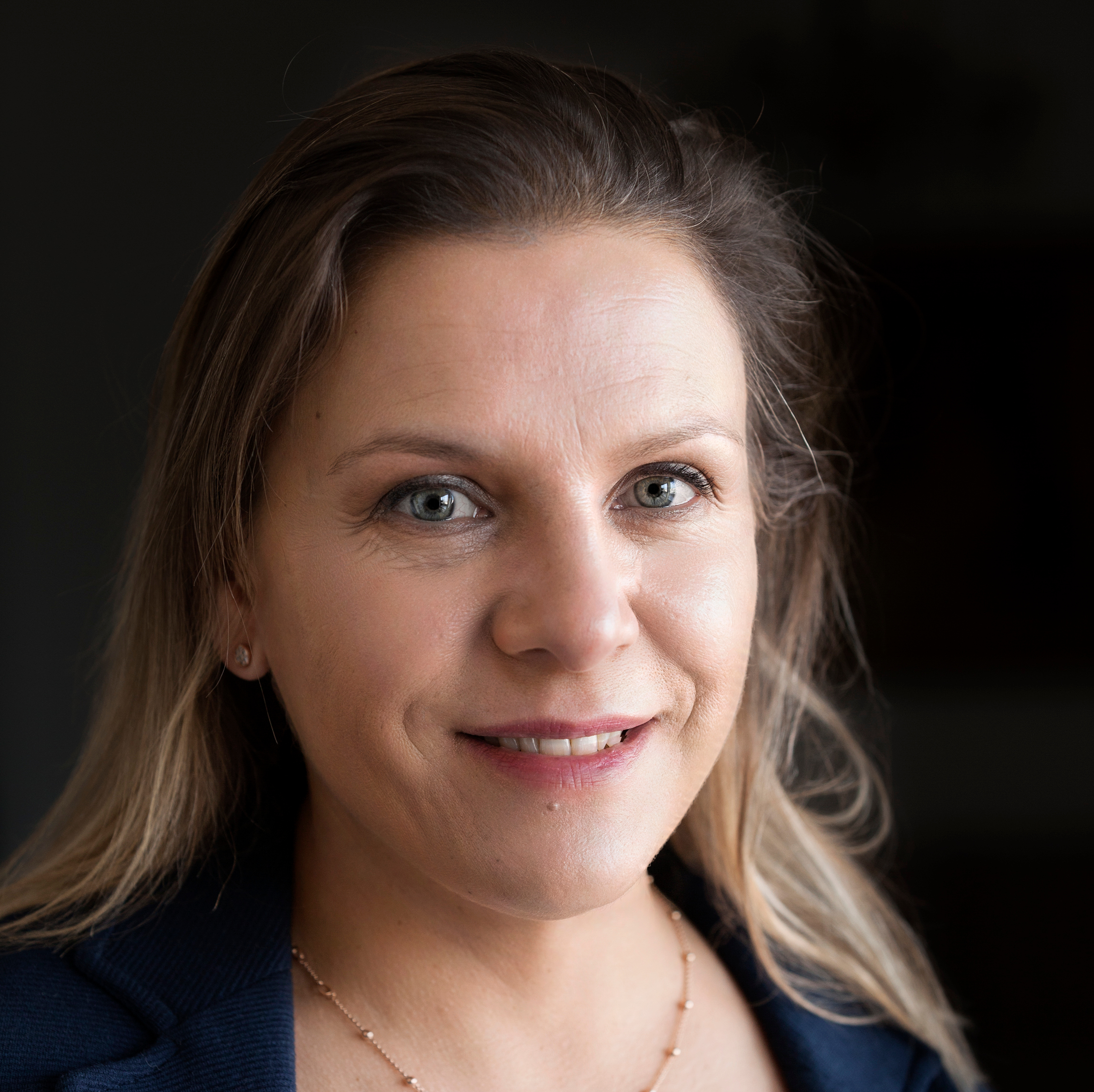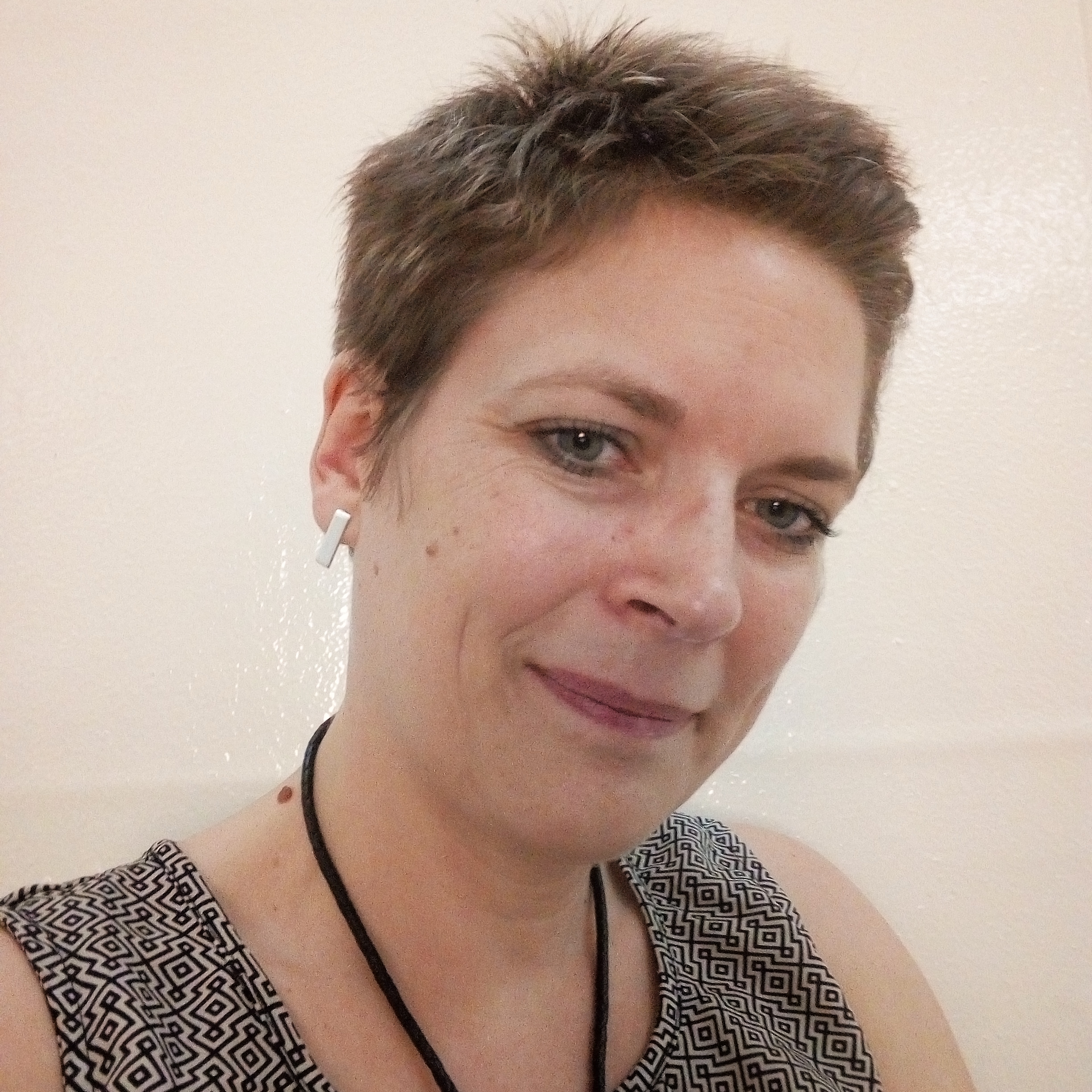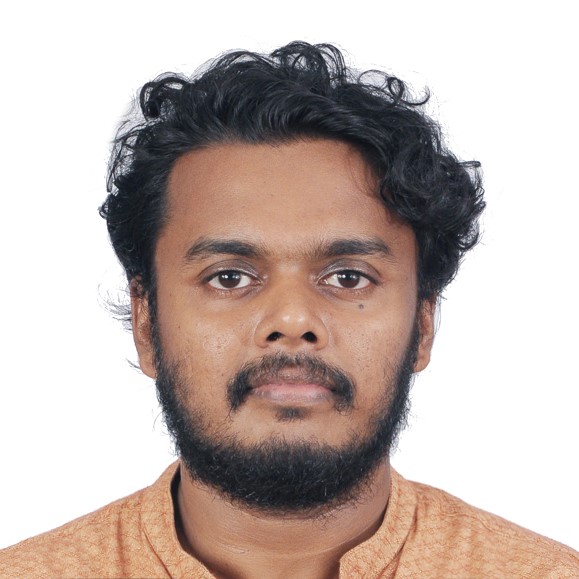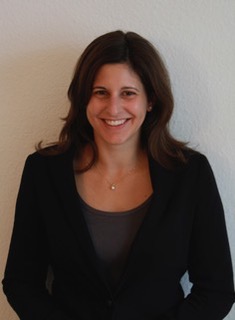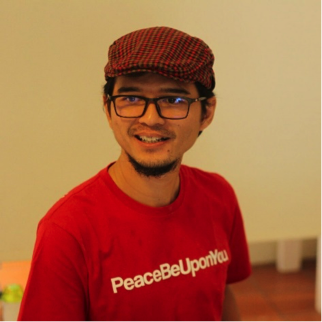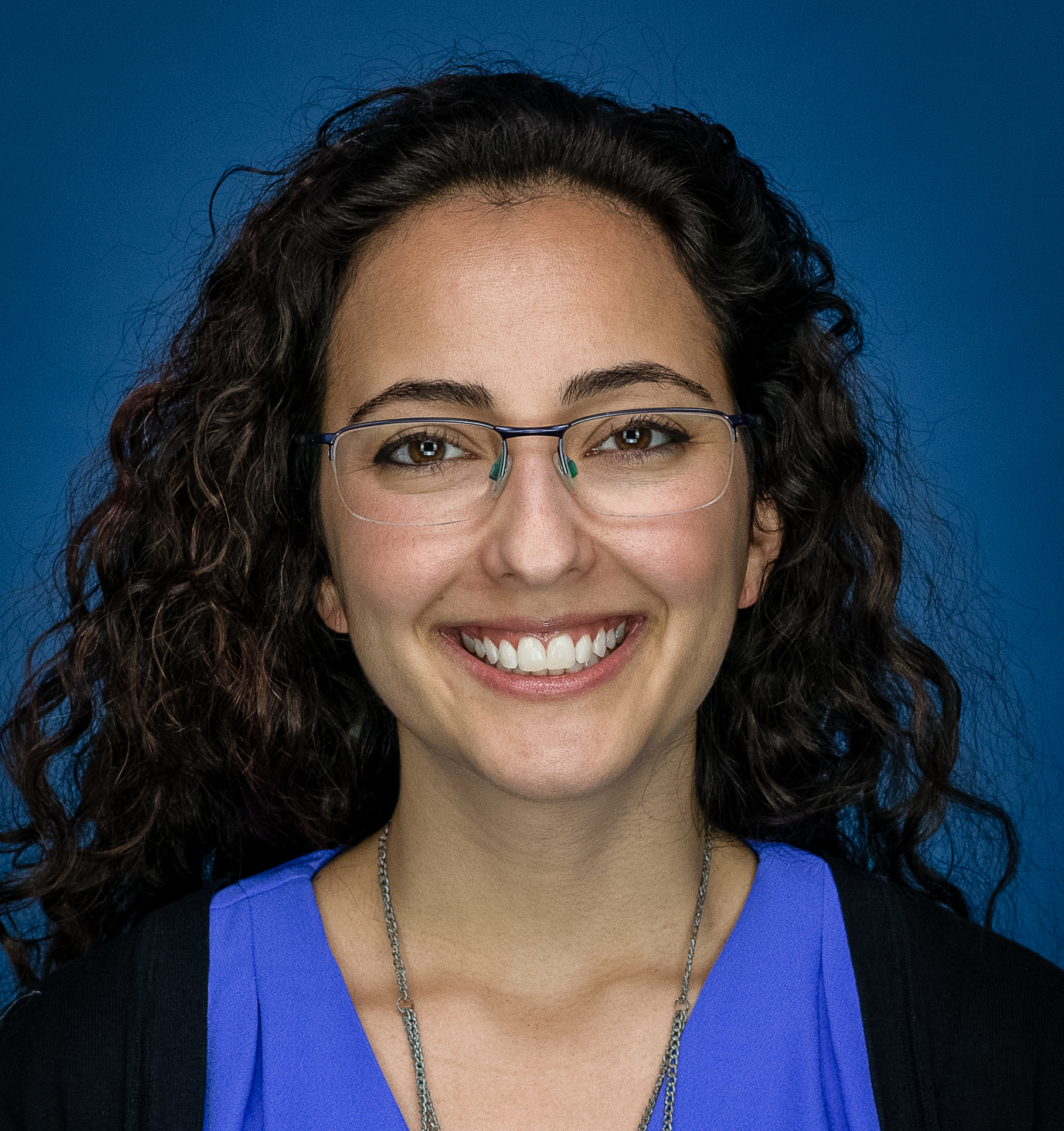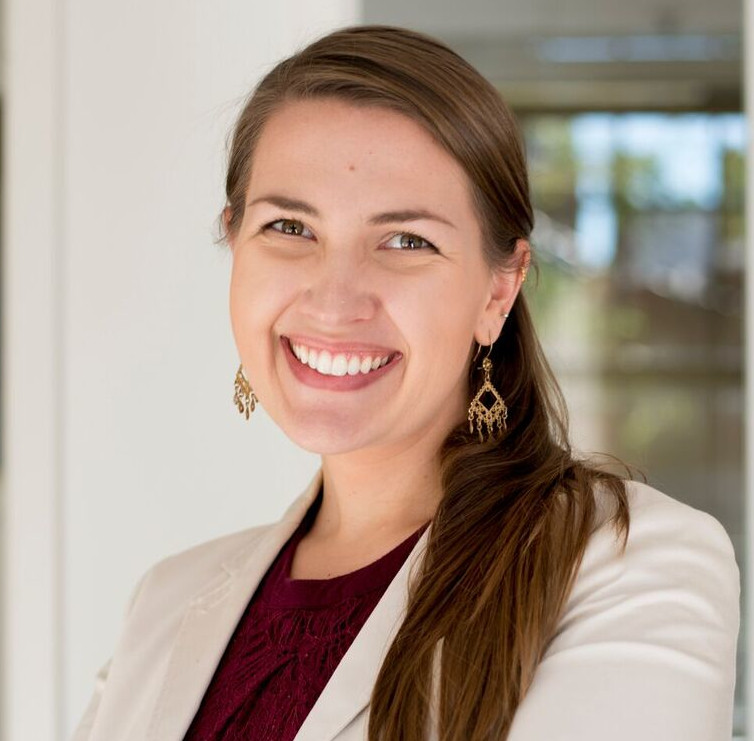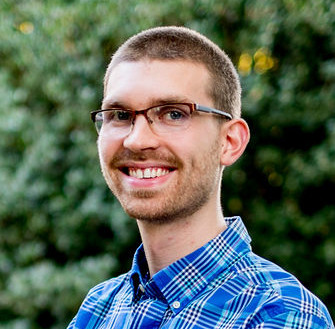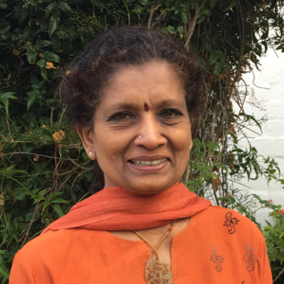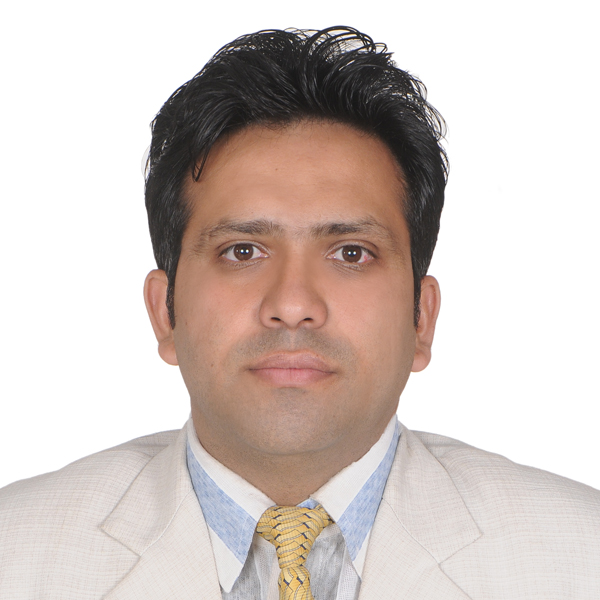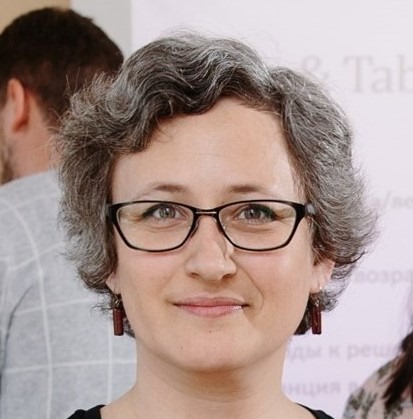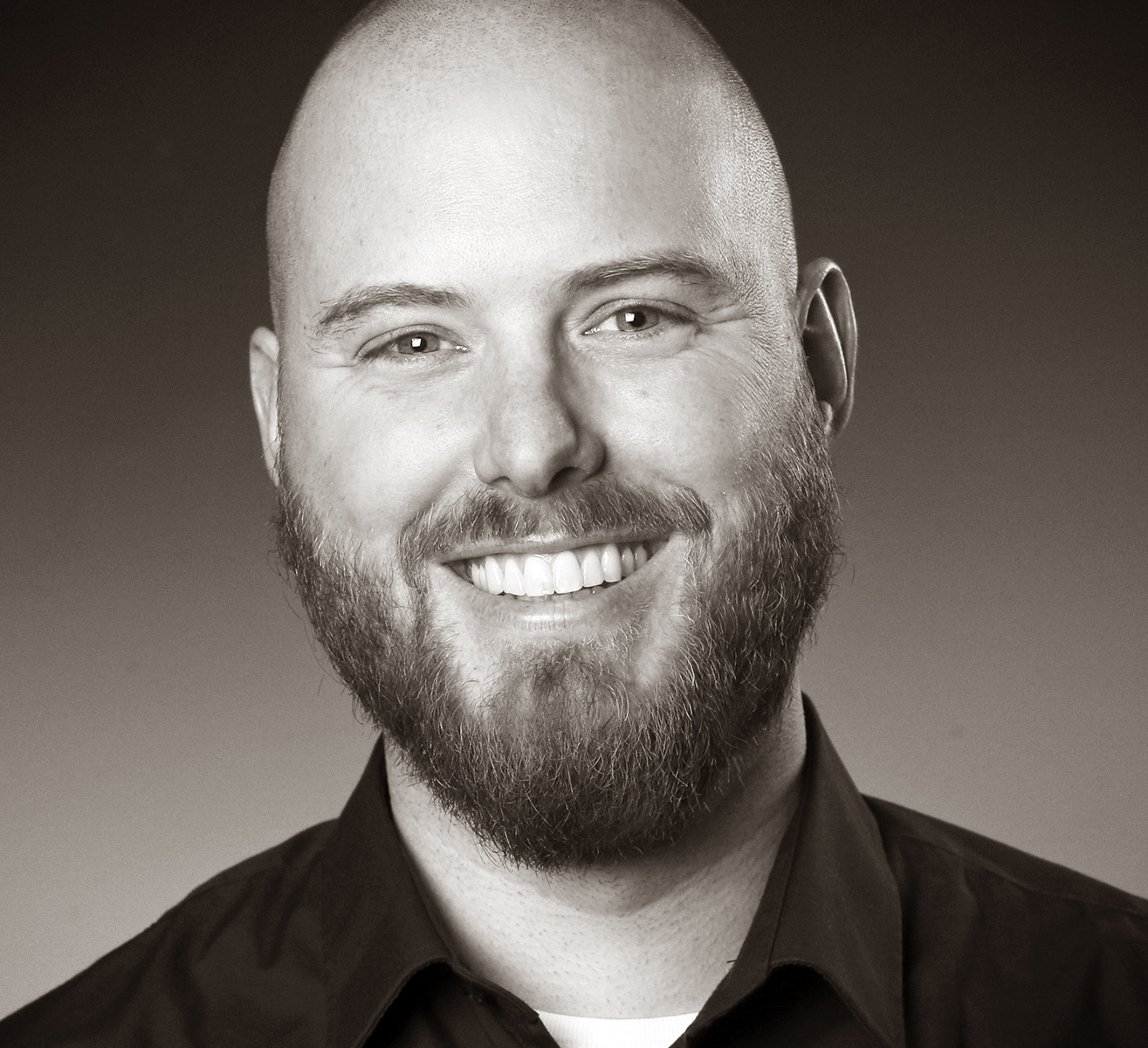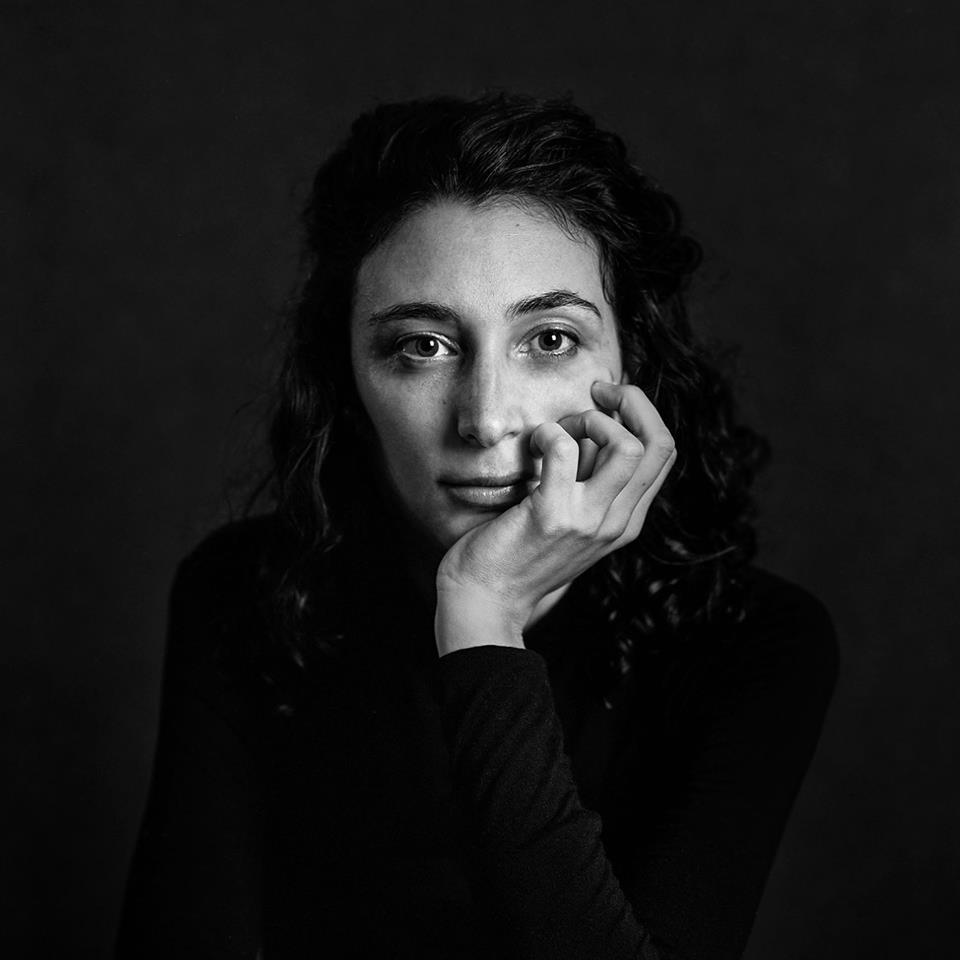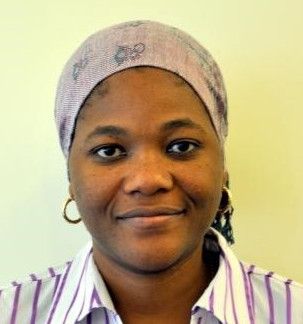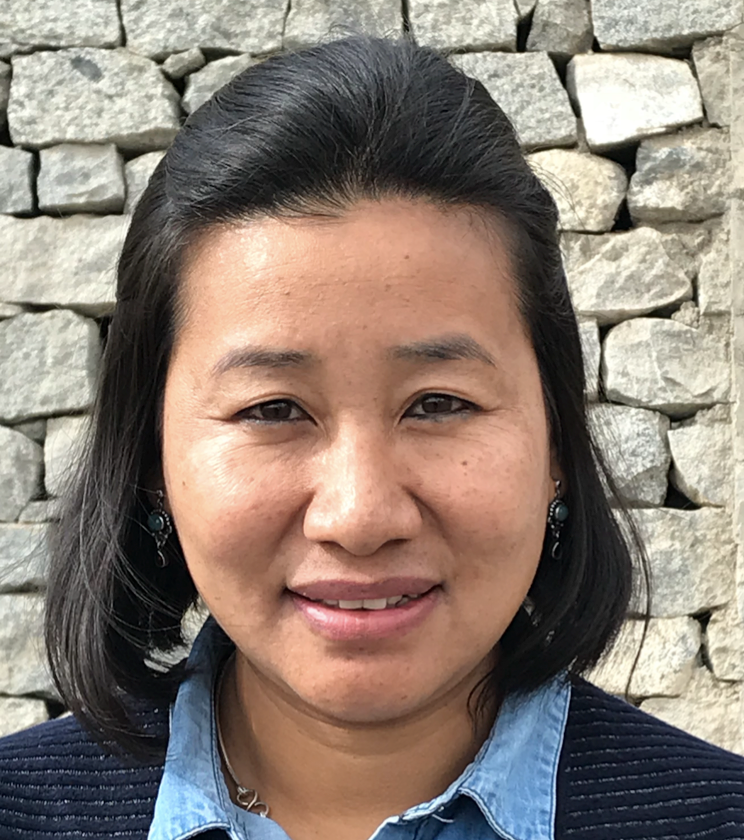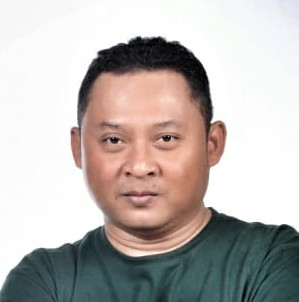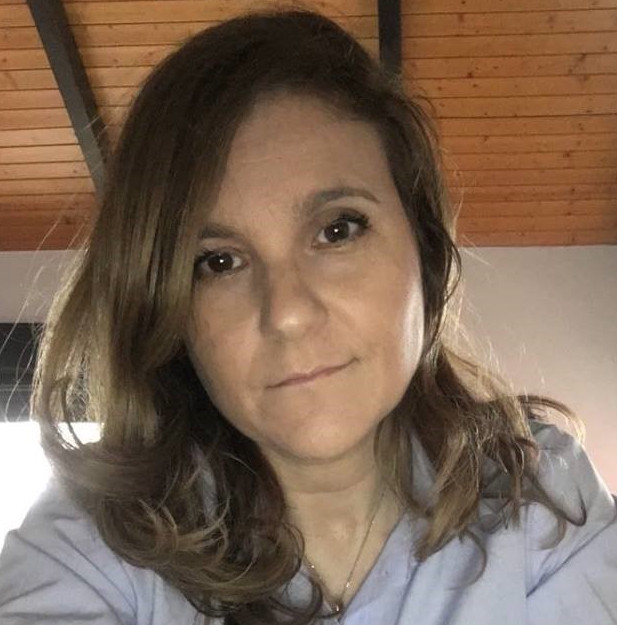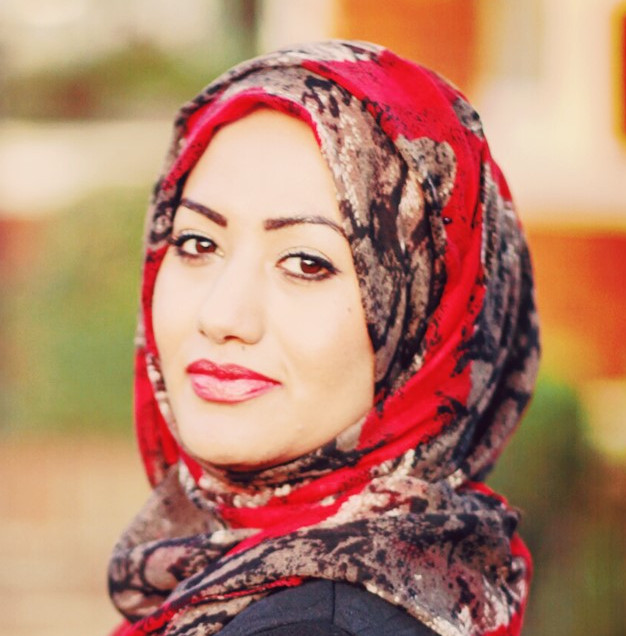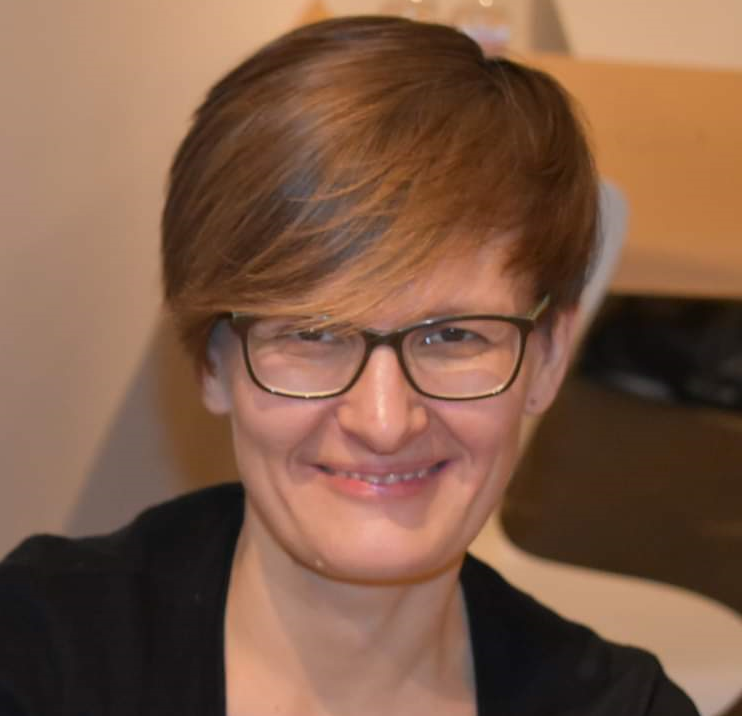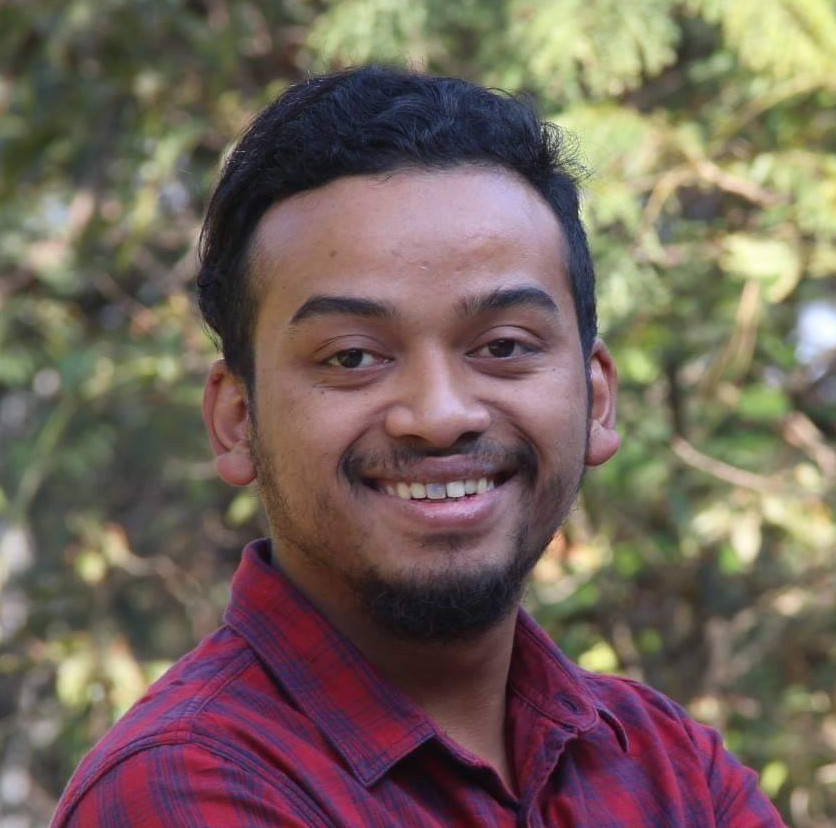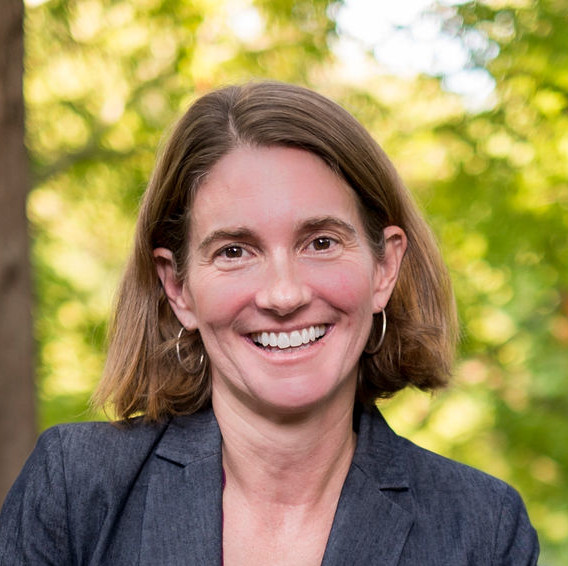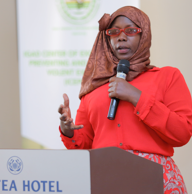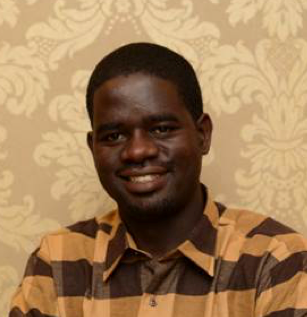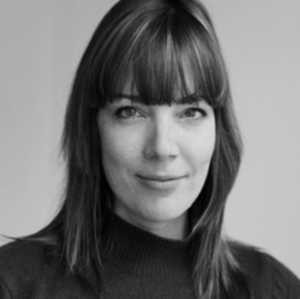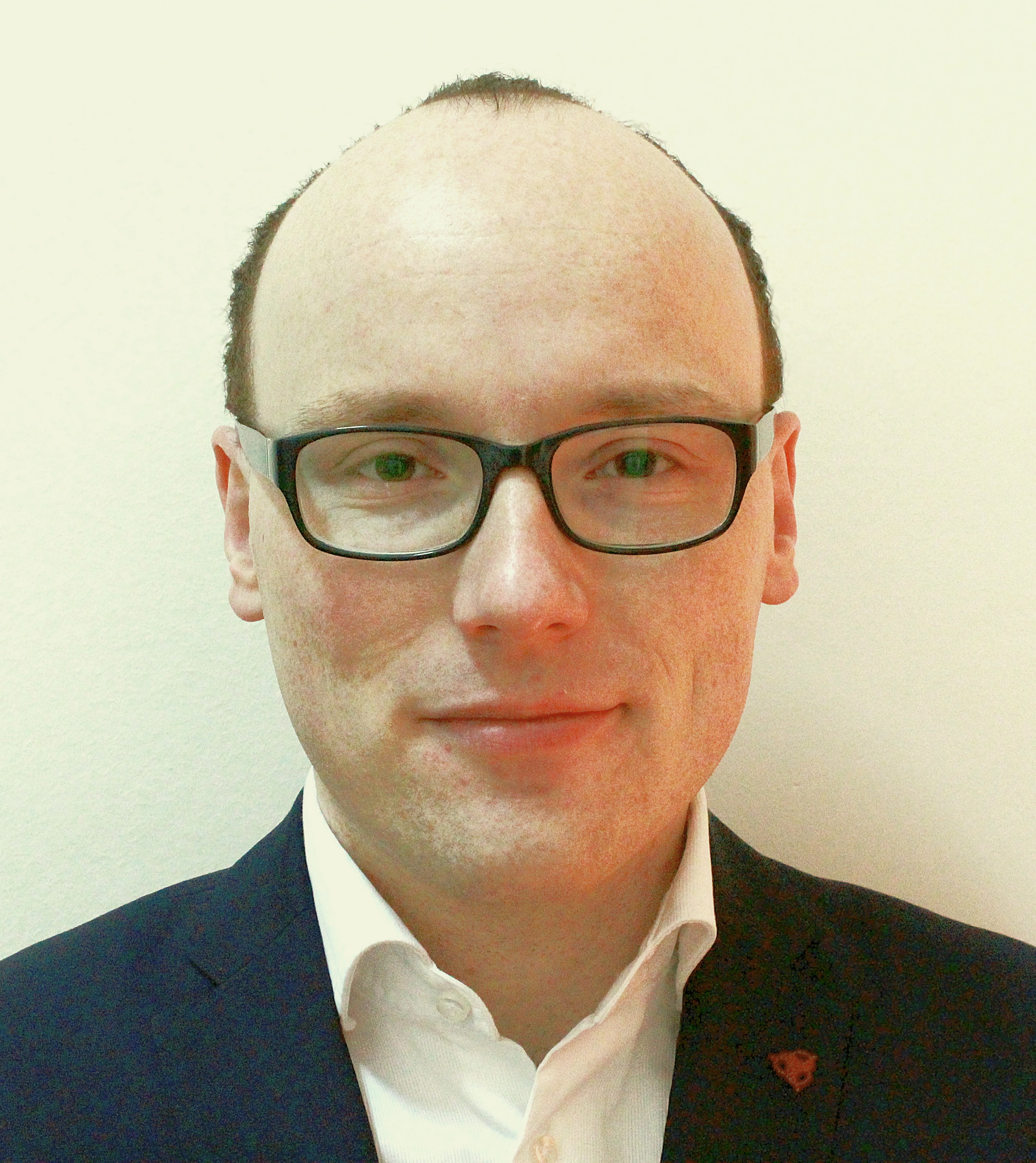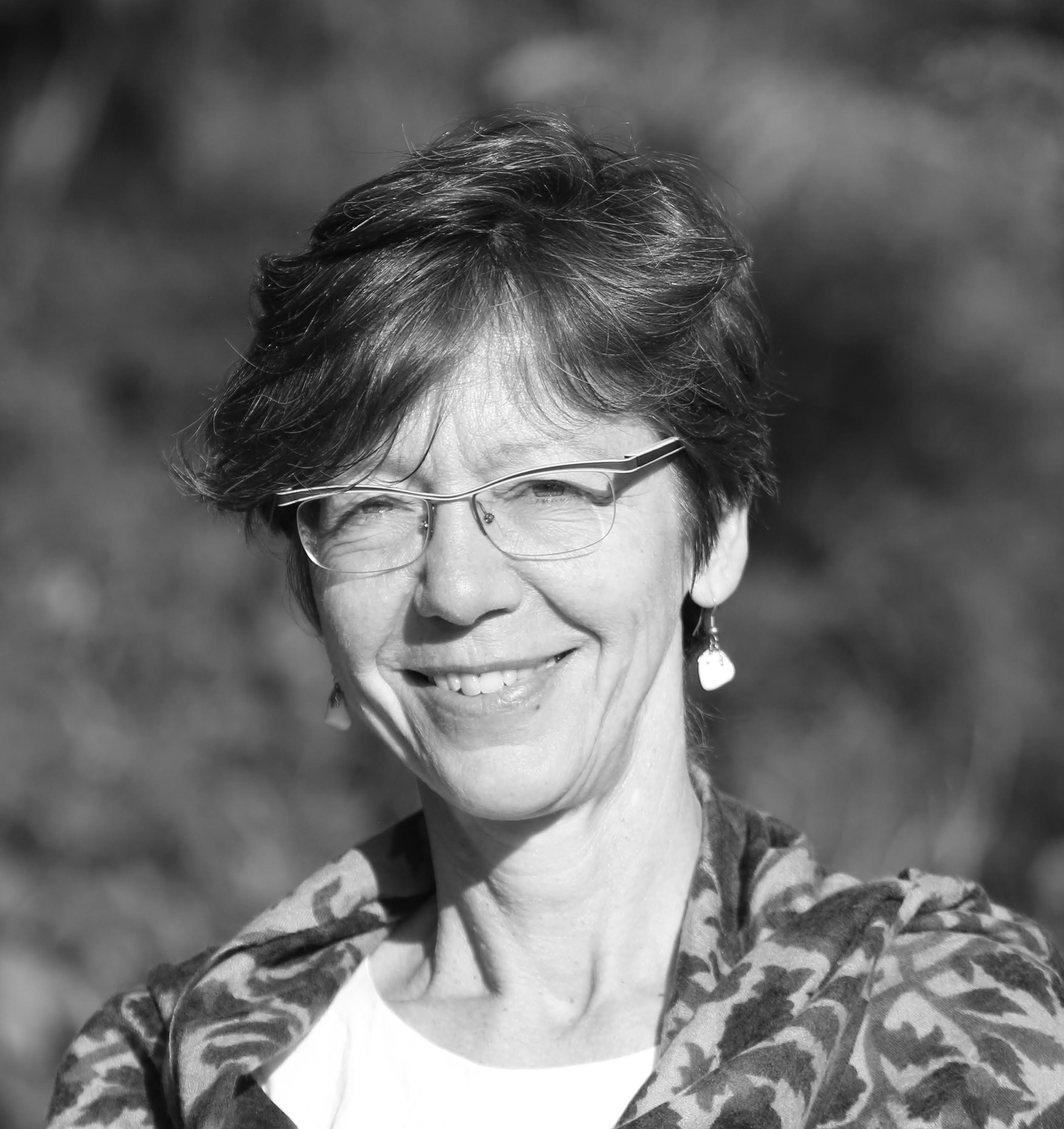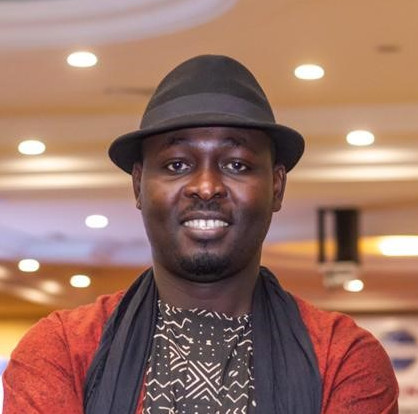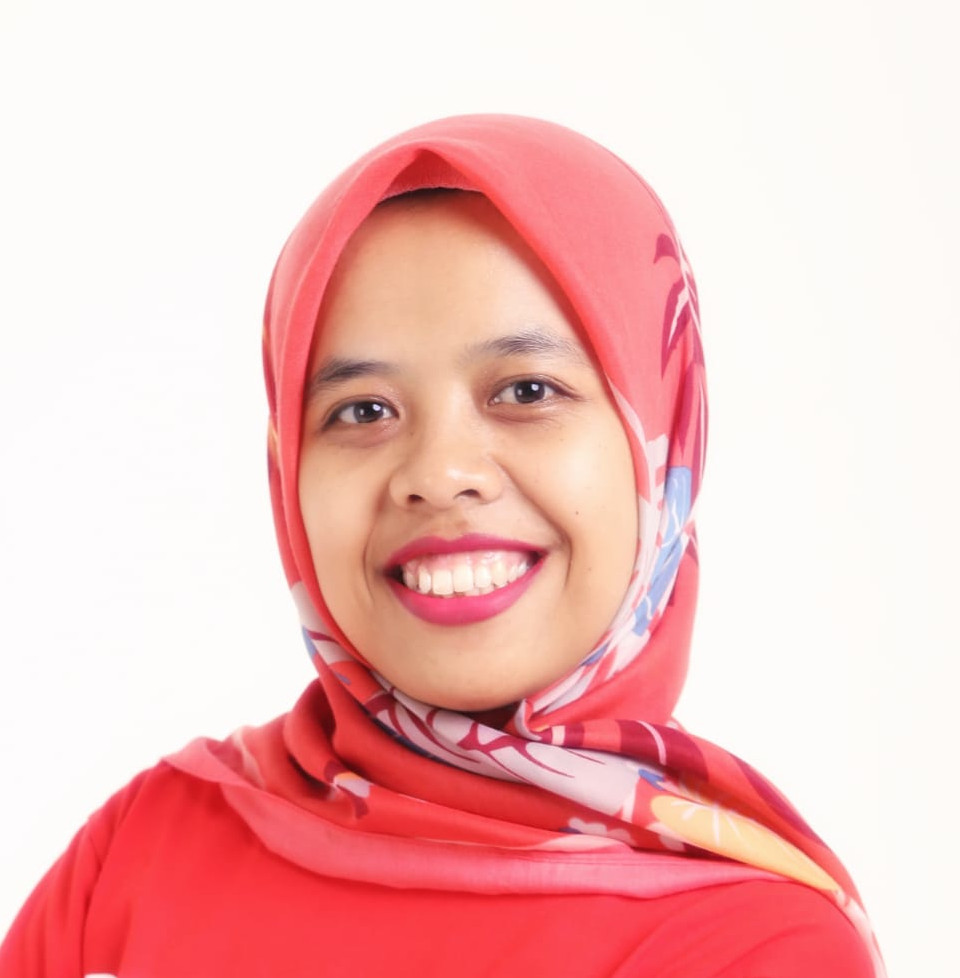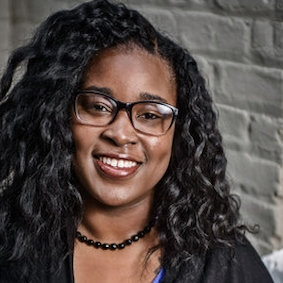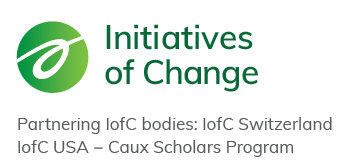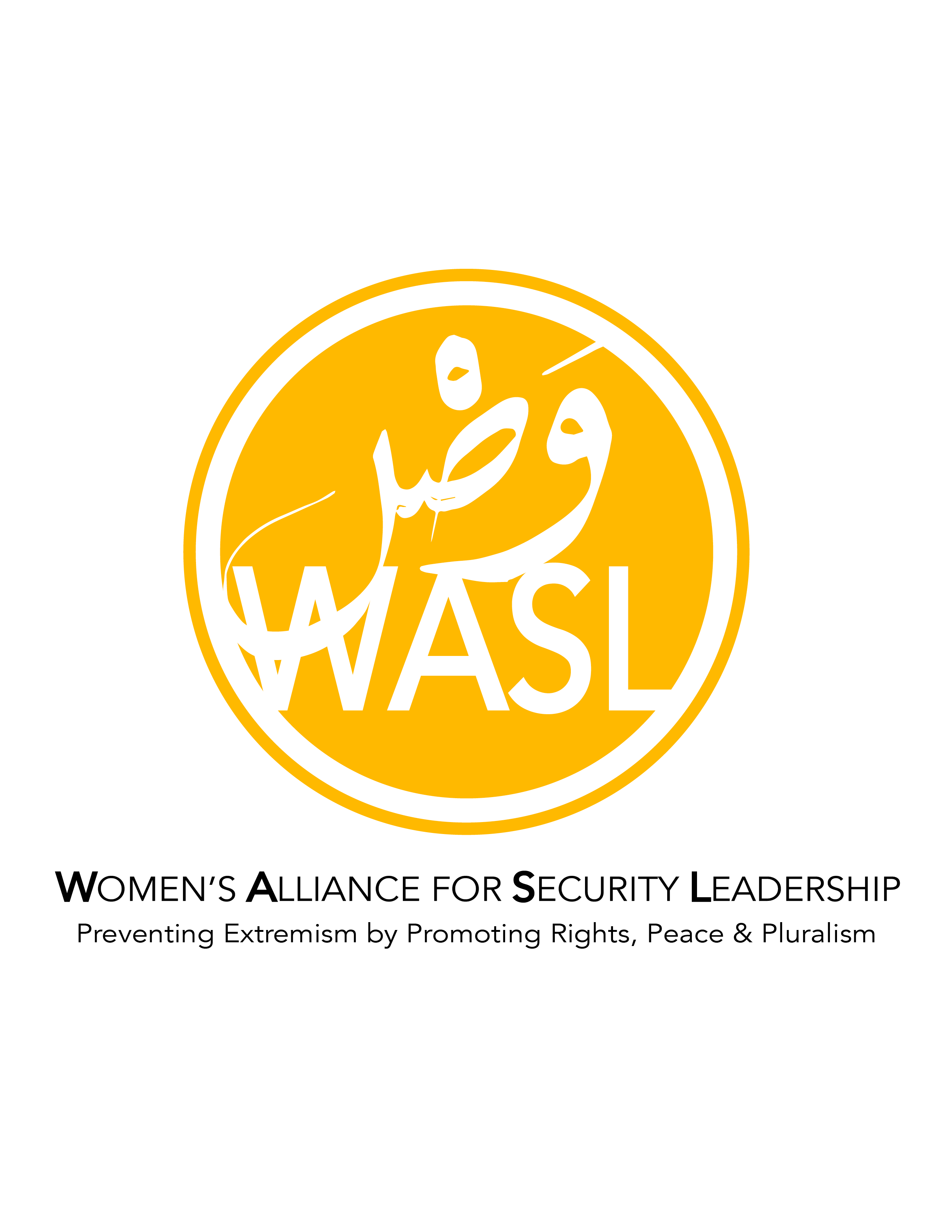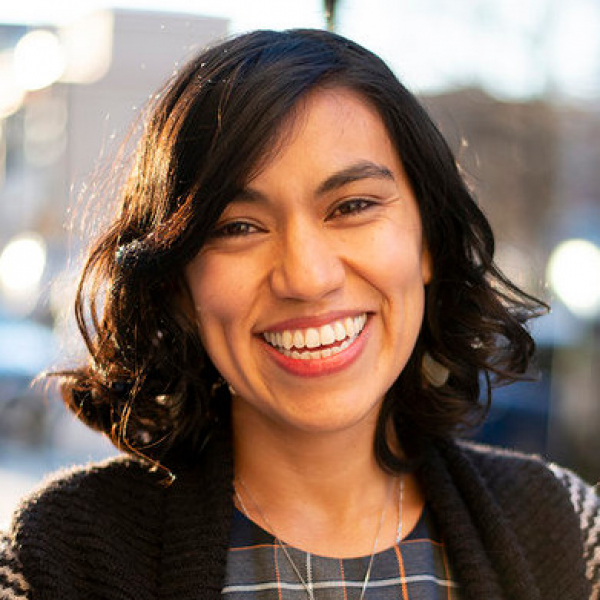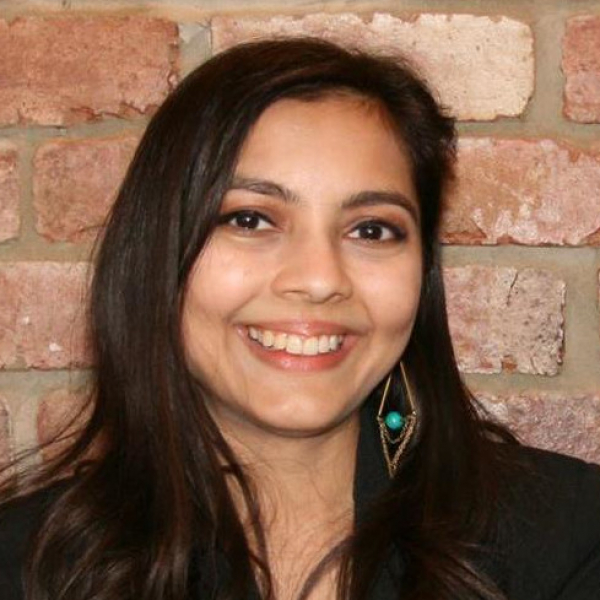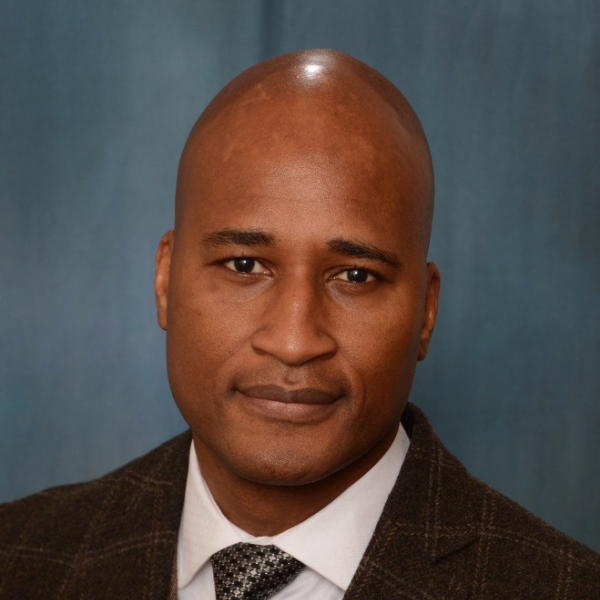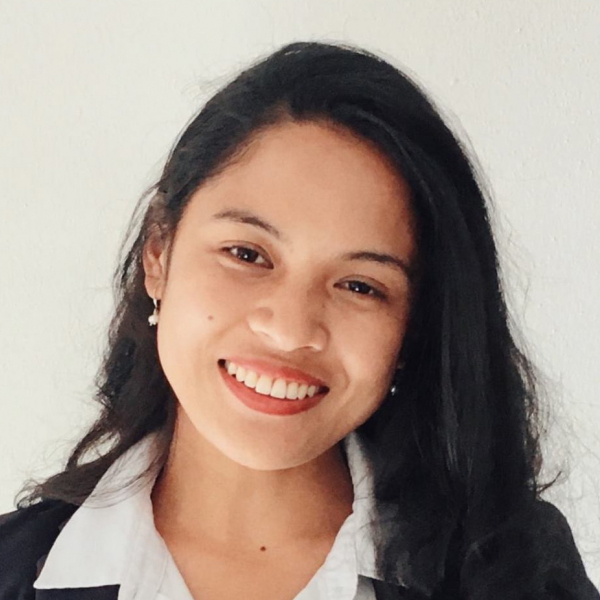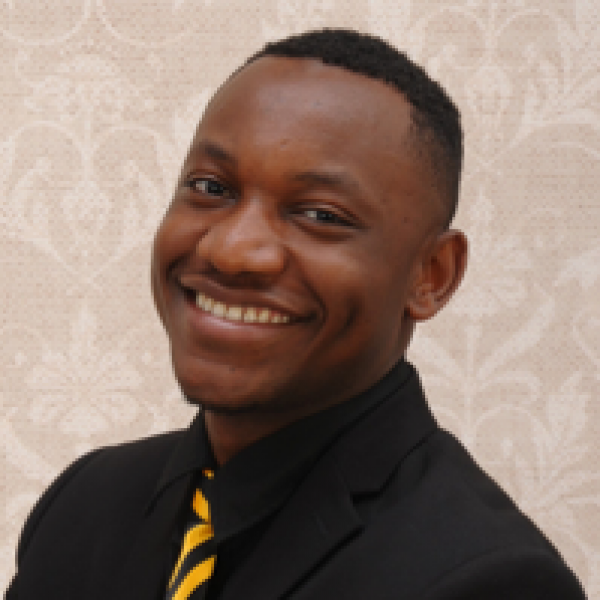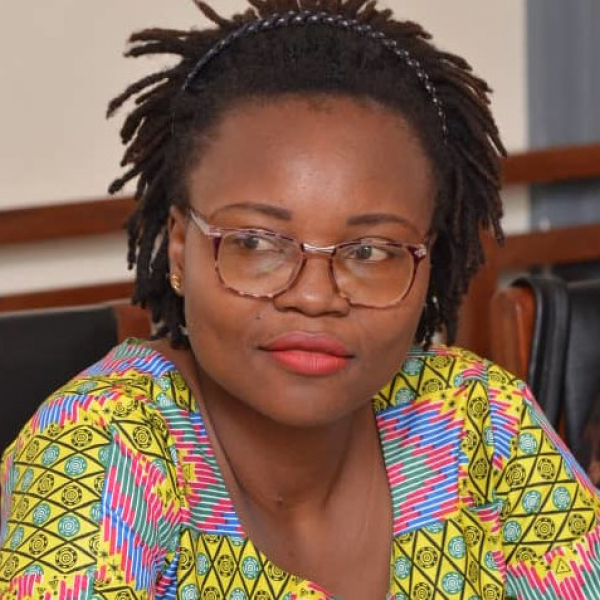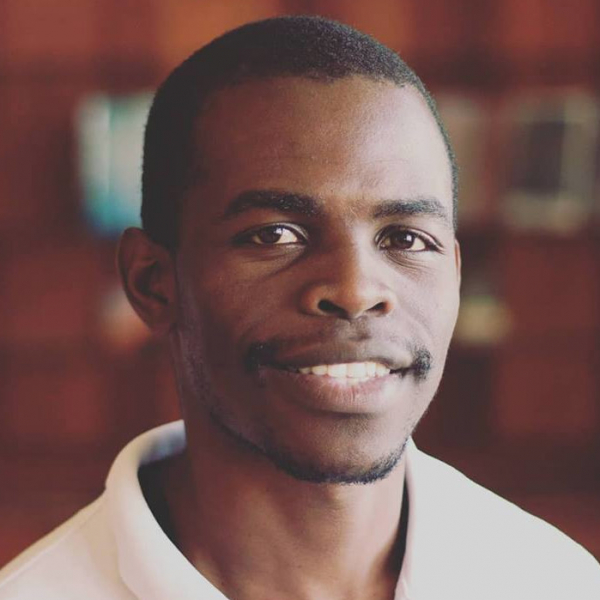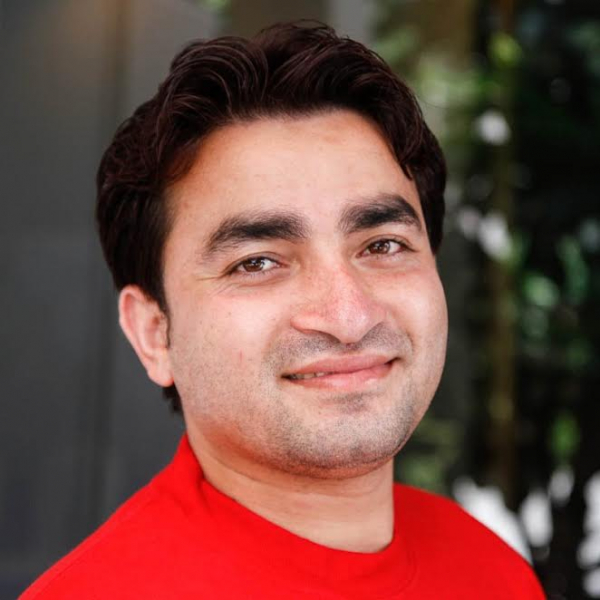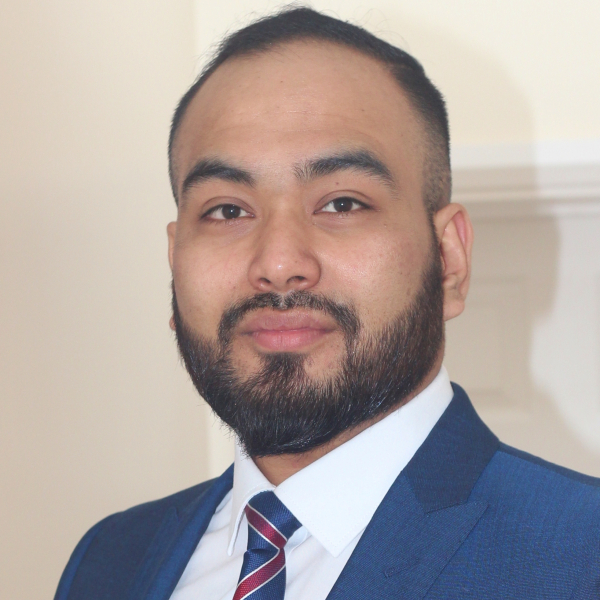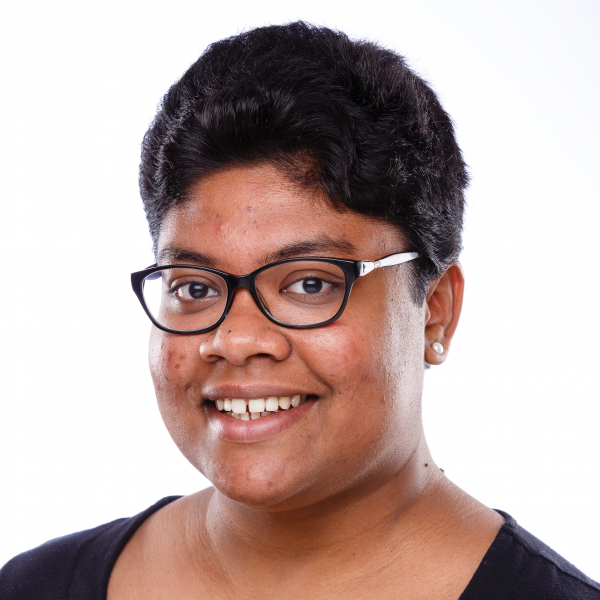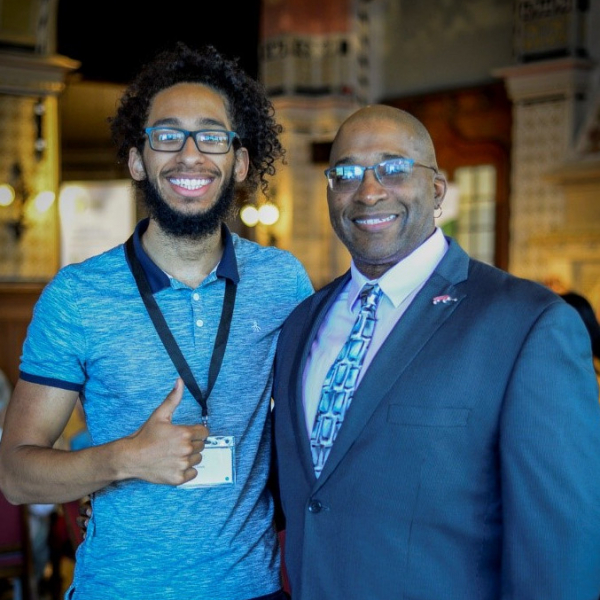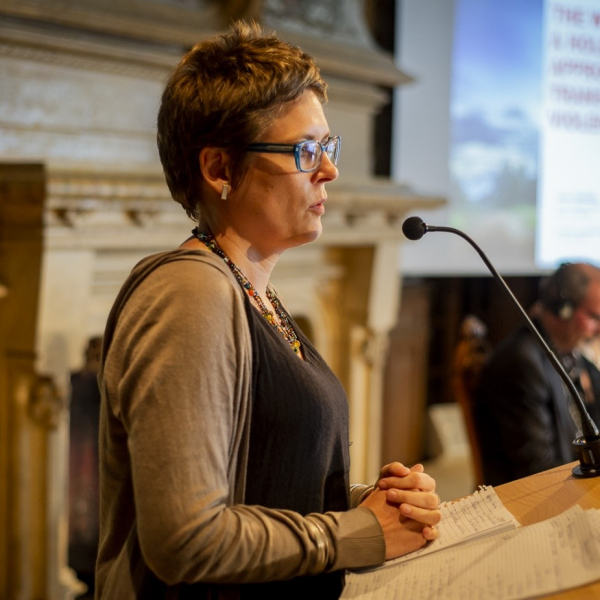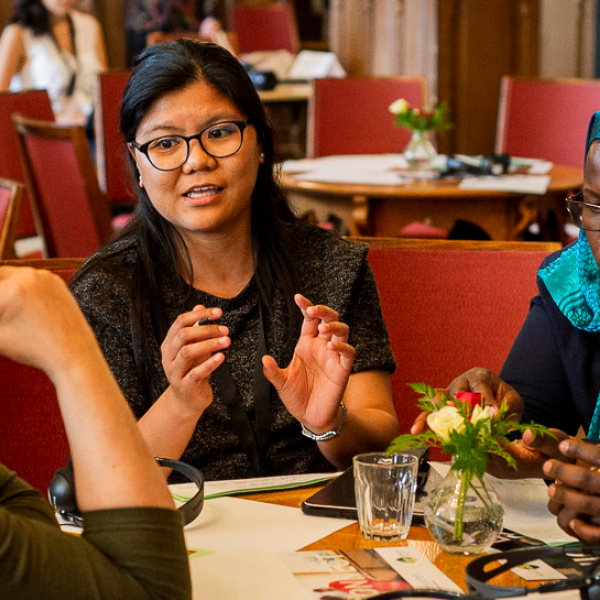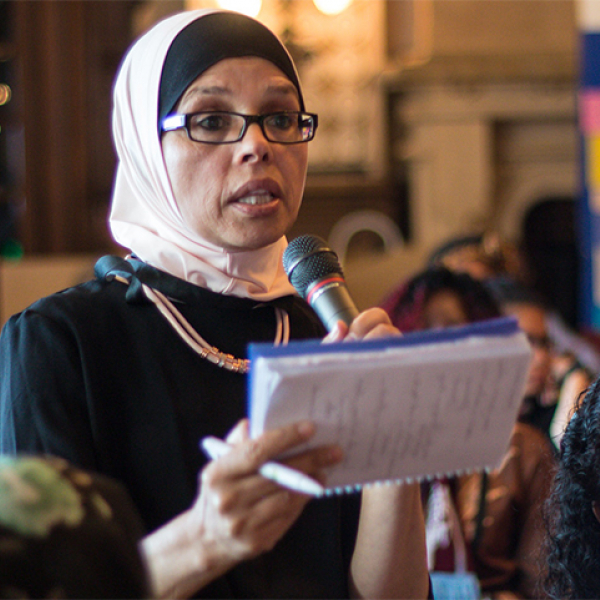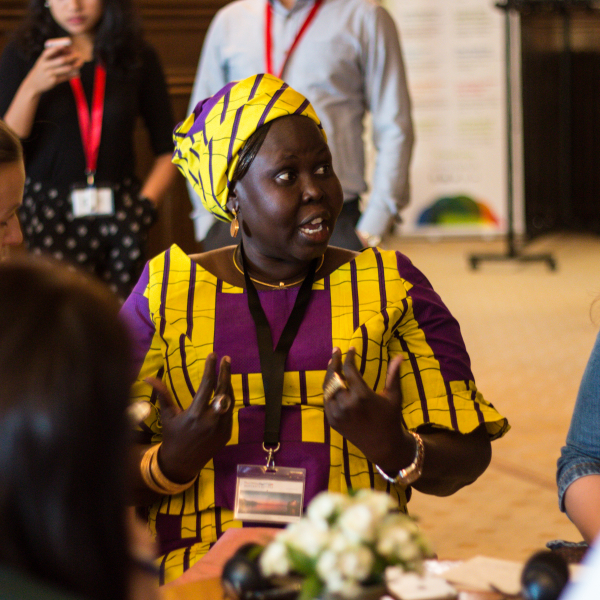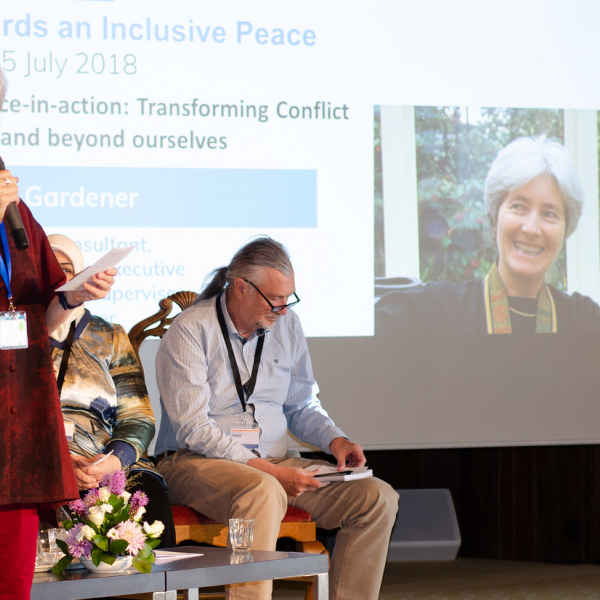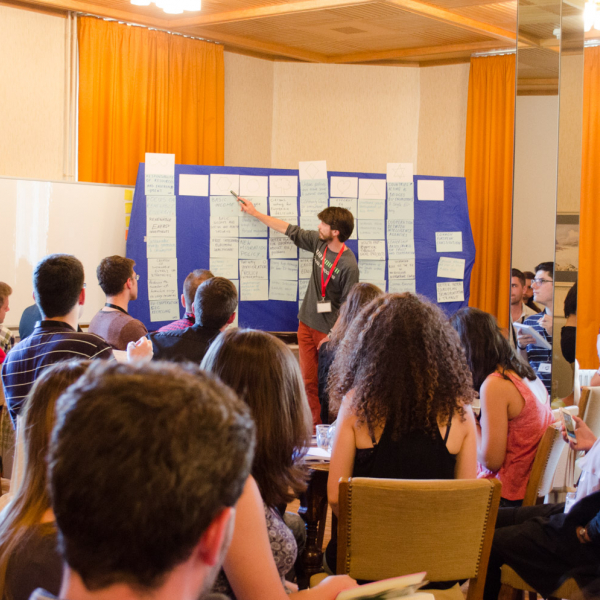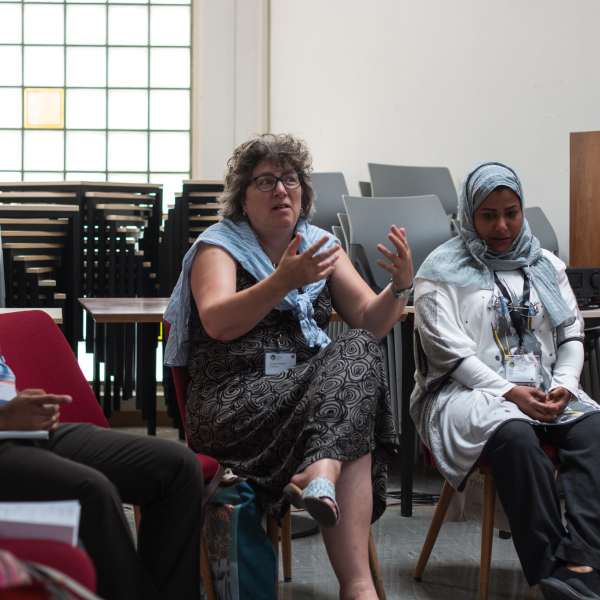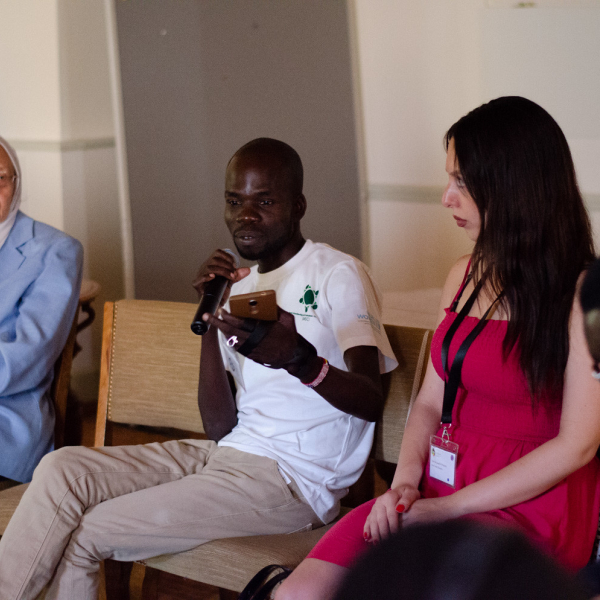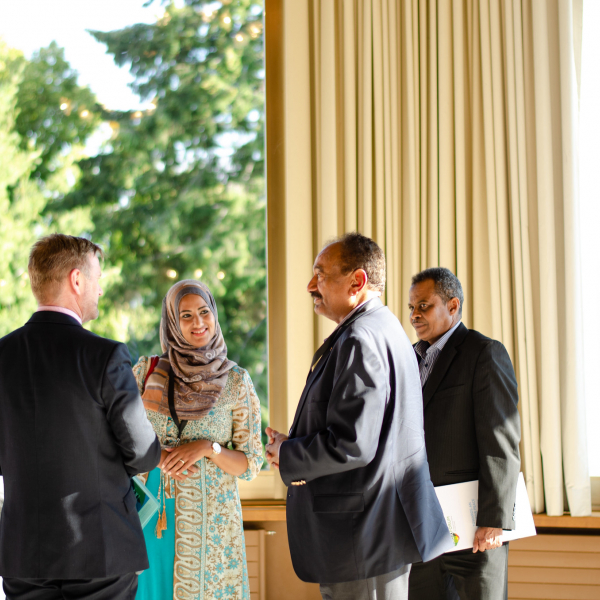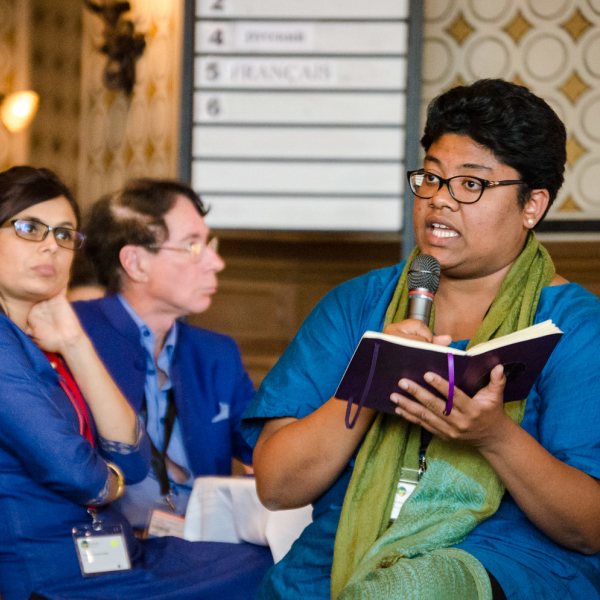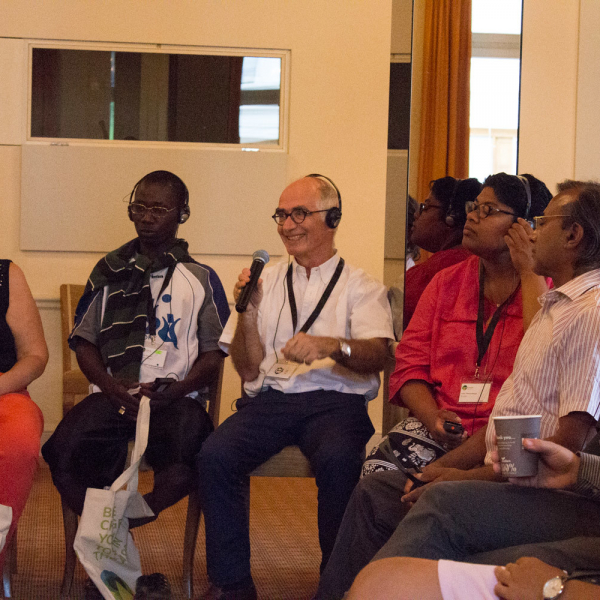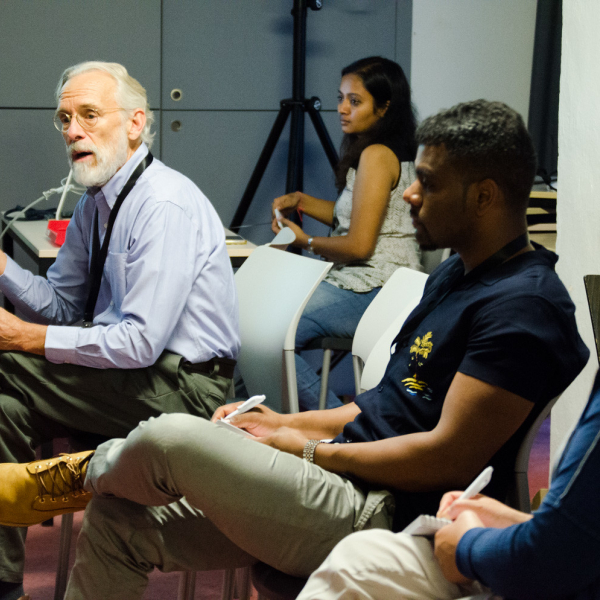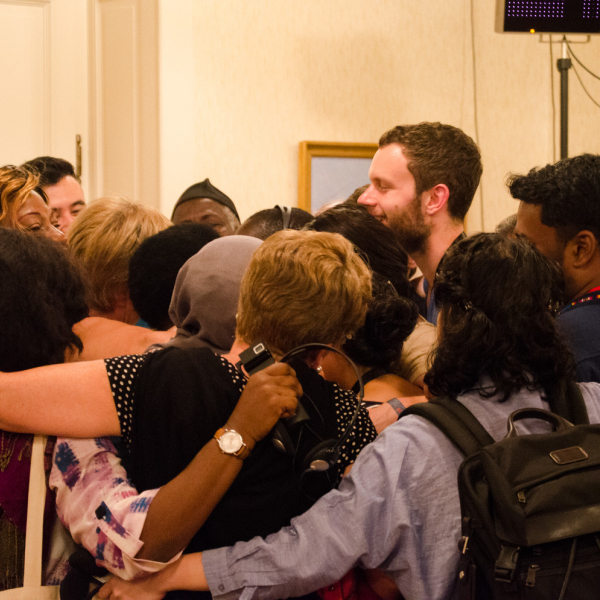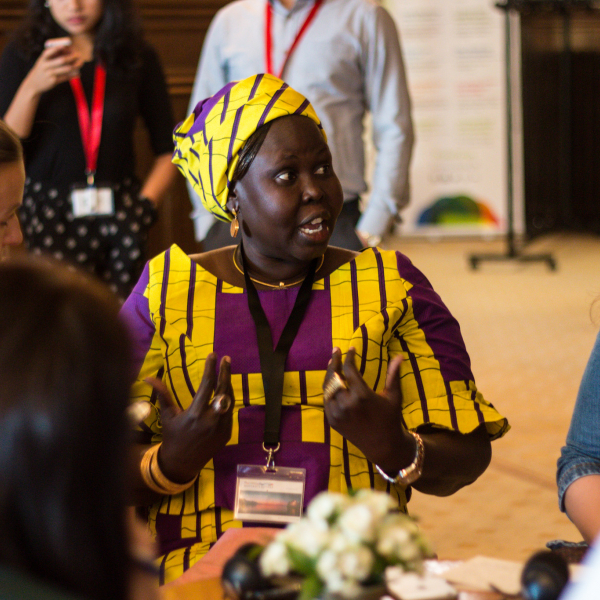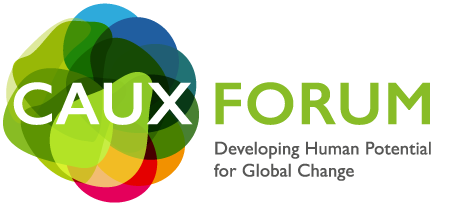
Towards an Inclusive Peace 2019
Integrated approaches to prevention
Please note that this event is now over. You would like to know more about Towards an Inclusive Peace 2019?
________________________________________________________________________________________
Violent extremism is one of the pressing issues of our times and a major concern around the globe. Typically, governments tackle the issue through military means or a security approach which can result in fear and further deterioration of the situation.
Towards an Inclusive Peace is a three-year project (2017-2019) part of the Caux Forum that looks beyond security driven approaches to violent extremism. By taking a peacebuilding perspective based on conflict transformation practices, Towards an Inclusive Peace creates a space for the discussion of a human-centered approach to address this phenomenon.
Our event in 2019
The case for prevention of violent extremism is clear: it saves lives. Addressing this global challenge at its roots, including the systemic exclusion and denial of opportunities for others, requires the strengthening of resilience in communities. This can be done by learning how to respond creatively and non-violently to conflict and crisis, and by supporting the process of identity construction of individuals who feel the society has given-up on them, while forging a sense of purpose and community.
To this end, in 2019 Towards an Inclusive Peace (8 - 12 July) will discuss what constitutes progress on the path to greater resilience for communities and peacebuilders, focusing on the three principles of prevention: inclusiveness, sustainability and context-specificity.
Come and join Towards an Inclusive Peace 2019 to be:
- inspired by art, theatre and music techniques
- equipped through workshops on community resilience, trauma healing and integrated prevention
- connected thanks to story-sharing, intergenerational dialogues and a multicultural approach in a retreat-like venue.
Who is Towards an Inclusive Peace for?
Come and join Towards an Inclusive Peace, a shared space where the expertise of the international community meets the contextual knowledge of local leaders and peacebuilders! We welcome:
- Peacebuilders from all fields
- Educators
- Local and national authorities
- Community leaders
- Civil society representatives
- Everyday citizens building sustainable peace
Workshop Tracks
At Towards an Inclusive Peace, participants can choose to be a part of one of the 3 parallel workshop tracks to get equipped with tools to address violent extremism from a peacebuilding lens:
- deep prevention lens,
- strengthen community resilience and
- protection of peacebuilders.
All of the training tracks are participatory and interactive where your voice, experience and technical skills will be integrated as well as enhanced.
I. Prevention Track
Preventing Violent Extremism (PVE), has been adopted by the United Nations (UN) after 10 years of insufficient results with countering violent extremism (CVE). This perspective addresses the main drivers of VE (e.g. corruption, lack of opportunities, exclusion) while still being rooted in a security-centered perspective. At TIP, we go beyond the UN definition of PVE to engage in deep prevention using a human-centred approach and focus more on its root causes than its symptoms. With this backdrop, the prevention training track will introduce us to tools from diverse contexts of local communities and national actors to facilitate conflict transformation through a peacebuilding lens.
II. Community Resilience Track
Community Resilience is the measure of the sustained ability of a community to channelize available resources to withstand, respond to and recover from adverse situations. At TIP, we will bring together diverse community-led approaches on strengthening resilience to respond creatively and contextually to conflicts, while engaging with the agency of the local voices. The community resilience training track will also look at the process of rebuilding identity, while fostering a sense of purpose and direction of the individuals who are part of the community but might have been marginalized or disenfranchised. Additionally, we will be discussing the role and ways in which resilience can prevent societies from descending into crisis.
III. Protection of Peacebuilders Track
Peacebuilders are exposed to high levels of stress and secondary trauma, when working in conflict-affected settings. This can have an impact on their work and on their levels of empathic understanding. The protection of peacebuilders track involves engaging with a toolkit of reflective and mindful practices. This can help assimilate the emotional impact of conflict, adapted to each person’s needs, as a key aspect of sustaining a healthy community of peacebuilders.
Country Focus Sessions
Diverse peacebuilding practices are currently being implemented to address violent extremism in our world. The Country Focus Sessions take a deep dive into a specific country, its social dynamics, the ways in which extremism manifests, and the response of its people. The sessions will explore the context-sensitive tools that are being used to prevent and transform this form of violence in that particular context. Participants can choose one out of the following parallel sessions.
TIP Community Time: Inspire | Connect | Reflect
Embodied Peacebuilding Storytelling: Peacemakers In Action
I. Prevention Track
Facilitated by Daniel Hyslop, Interpeace
This workshop highlights an evidence-based understanding of the drivers of violent extremism, while showcasing policy and political responses for participants to articulate alternative peacebuilding approaches. We will explore advocacy approaches for decision-makers and map out research agendas from events of positive deviance to build constructive responses to conflict. This session will also provide some overview of trauma-healing and trust-building approaches.
Facilitated by Hassan Ndugwa, Extremely Together - Kofi Annan Foundation
This workshop will introduce us to the “whole of society” approach, bringing in trends and case-studies from the East African context some of which are: inclusion of peace education, curriculum development for madrasas and social media training to provide an alternative understanding of Islam. The focus will be on discussing the roles of some of the community change agents such as teachers, psychologists, entrepreneurs, local authorities, artists and social workers in preventing violent extremism (PVE). We will discuss each of these categories and their roles in mainstreaming PVE in everyday lives to prevent youth from radicalization and marginalization. Participants will actively engage and build on live stories, scenarios and examples to test the practicality of discussed strategies and techniques.
Facilitated by Peace Generations: Miftahul Huda, Nenden Mutiara and Irfan Amalee
Since the last 12 years, Peace Generations has trained more than 416 educators, 6252 students as well as engaged with the CONVEY Project to prevent violent extremism for youth in Indonesia using a module of 12 basic peace values, some of which are: accepting yourself, overcoming prejudice, respecting differences, celebrating diversity, understanding conflict, rejecting violence, and forgiveness. Using the creative medium of board game and Initiatives of Change principles of inner listening, Peace Generations work with peacemakers across Indonesia.
In this workshop, Peace Generation will:
- Explore ways of tackling violent extremism through peace education
- Explore creative techniques such as board games to deal with extremism, while sharing about the Indonesian context
- Share ideas and practices of how to engage young people in conversing about how to prevent violent extremism
II. Community Resilience Track
Facilitated by Neuro Network: Daya Bhagwandas and Dida Guigan
The individual stories and exercises will highlight how we react or respond to trauma and what makes one more resilient and others more vulnerable to access inner peace and clarity around life purpose. Practical activities will be offered, focused on the consciousness of the body, breath and a special focus on the frequency of the voice, to engage the participants to experience and understand the tools and resources being offered.
Neuro Network will invite participants to explore:
- Releasing trauma and discovering resilience
- Breaking the chain of wounded memories
- Inner governance, inner freedom & higher purpose
Facilitated by IofC UK: Amina Khalid and Micheline Ngongo
Peace Begins at Home - intergenerational dialogue training aims to explore the issues of social cohesion in today's world and look deeper at the push and pull factors of violence extremism from different levels - home, community and society. This workshop will create an opportunity to reframe the challenge of countering violent extremism (CVE). Drawing from the tools and techniques from peacebuilding, state and non-state actors can be equipped to: (1) understand the dynamics which foment violent extremism, (2) identify creatively a set of tools and approaches that prevent those dynamics from giving rise to violent extremism; and (3) ensure that responses do not aggravate and radicalize affected communities even further.
The goals of this session are:
- Build relationships across generations through honest and open dialogue
- Share practical tools to implement more effective cross-generational relationship
- Inspire the community to tackle intergenerational conflict going forward by increasing the understanding of the challenges faced in different communities
Facilitated by Community Trustbuilding Fellows-IofC USA: Elaine Williams and Kelly Carter Merrill
As we do the good work to heal communities and prevent future violence, we are often faced with our own or others' unhealed personal wounds. Even the most well-intended comments or innocuous moments can trigger disproportionate emotional responses. Emotions can run high and illicit defensiveness; or conversely, sensitivities may illicit feelings of self-devaluation. After a triggering event, we tend to follow a predictable triggering cycle, with seven steps, ultimately ending with a regretful response. Further study of this cycle also reveals seven opportunities to step outside of the cycle and find growth and freedom. Objectives of this Session are:
- Understand what a trigger is and how it impacts interpersonal conflict
- Identify our own personal triggers and their interpersonal roots
- Learn seven strategies for interrupting the Triggering Event Cycle
- Consider the role of the Trigger Event Cycle when extending compassion to others who are in conflict
Facilitated by Lisa-Raine Hunt
Public spaces in our cities, towns and villages have been used for millennia as vibrant places of meeting, dialogue, learning, exchange and democracy. Extremists have long targeted these spaces for exactly these reasons, disrupting freedom & democracy, spreading fear and violence while dividing communities. As a result we are seeing less communal use of public spaces and the increasing physical dominance of safety barriers, checkpoints and security patrols.
Grass roots movements across the world are starting to respond to these challenges by intentionally reclaiming public spaces for peace. The process of communities coming together, to lead inclusive and creative activities, builds community resilience and nurtures spaces of belonging while transforming division into collective expressions of peace. In this workshop, we will engage in the creative process of mapping our communities, both as individuals and collaborative groups. In addition to exploring public spaces for peace in the U.K, we will produce a map of assets in our own focus locations which can be activated to develop community resilience and forge peace.
Goals of this Session are:
- To inspire and enable communities to reclaim public space for peace
- Understanding the assets (skills, strengths, knowledge, potential) in local communities and how public spaces can be used as a key asset in peace building
- Mapping public spaces and assets in our communities in a creative and interactive session that provides a model for future programmes
- Listening and sharing with participants about activation of public spaces across the world
- Sketching as a strategy for activating public spaces for peace in communities
III. Protection of Peacebuilders Track
Facilitated by ICAN
This workshop will facilitate exchange of the strategies and approaches used by local peacebuilders to respond to their own protection needs in the context of insufficient state and international protection regimes. It will provide the opportunity to share experiences and coalesce around good practices for civil society actors to establish mechanisms to respond to protection needs. A few existing models will be presented by peacebuilders who have designed these in different geographic contexts with different violence and conflict dynamics.
Facilitated by Community Trustbuilding Fellows-IofC USA: Abigail Lash Ballew and Joshua Ballew
Nonviolent Communication is a four-step process that increases understanding, connection, and well-being while reducing confusion, isolation, and harm. For some, it is an effective tactic in challenging circumstances; for others, it is a way of life. This workshop will introduce you to the four steps, provide opportunity to practice, and include time for personal reflection and sharing. Whether you have never heard of Nonviolent Communication or if you are familiar with it and want a refresher, this workshop is for you.
Developed by clinical psychologist, Dr. Marshall Rosenberg in the 1960s, Non-Violent Communication involves four components in which one communicates: (1) The concrete actions we are observing that are affecting our well-being, (2) How we feel in relation to what we are observing, (3) The needs, values, desires, etc. that are creating our feelings, (4)The concrete actions we request in order to enrich our lives. The objectives of this session are:
- To become familiar with the four components of Non-Violent Communication
- To practice Non-Violent Communication
- To explore opportunities to use Non-Violent Communication in your own context
Country Focus Sessions
Focused on the North East region and the experience of local organizations with diverse peacebuilding tools in Preventing Violent Extremism.
- Dr. Idayat Hassan, Director of the Centre for Democracy and Development (NGO).
- Abdulrazaq O Hamzat, Director of Foundation for Peace Professionals (NGO) which developed the "Nigeria Peace Index", a local adaptation of the Global Peace Index.
- Ferdaouis Bagga, Policy Analyst. U.S. Commission on International Religious Freedom.
Focused on the use of non-violence and different tools to build community resilience and address the situation in Eastern Ukraine, while strengthening the capacity of civil society to tackle violent extremism in their everyday lives.
- Felix Schimansky-Geier, KURVE NGO
- Iryna Brunova-Kalisetska, Executive Director at Integration and Development Center for Information and Research
- Tatiana Kyselova, Associate Professor at National University of Kyiv-Mohyla Academy
Bringing alive stories of former militants, inter-tribal and inter-communal actors, who transformed from triggering violent extremism to transforming it in the 7 states of North East region of India.
- Sunny Mawiong, IofC India
- Penuo Hiekha, IofC India
Centered around the implementation of restorative justice and dialogue initiatives with victims and perpetrators in post-war Nepal to open up the space for community healing and reconciliation.
- Rajendra Senchurey, Researcher
- Chiranjibi Bhandari, Professor at Tribhuvan University
Exploration of Indonesia’s context, its religious tensions, and the forms of preventing ISIS recruitment of young people.
- Irfan Amalee, Peace Generations Director
- Miftahul Huda, IofC Indonesia
Focused on the experience of local communities in Manchester and Glasgow who have been socially excluded and are struggling economically.
- Micheline Safi Ngongo, Labor Councilor, human rights activist and founder of LIGHT Project International.
- Ian Monteague, Chair of Family Action in Rogerfield and Easterhouse -FARE
Exploring the protection of peacemakers and peacebuilding approaches in the current Iraqi context.
- Alyaa Ibrahim, Odessa
- Fatimah Al-Bahadly, Al-Firdaws Society
TIP Community Time: Inspire| Connect| Reflect
Facilitated by Peace Elicits with the collaboration of Amis de Caux and IofC Switzerland
Engage in holistic conflict transformation and peace work by navigating and taking into account our bodies through a range of interactive practices.
Hear the inspiring story of courageous peacemakers from around the world. This session will inspire you with a unique story by local peacebuilders sharing about their work.
- Hasan Davis (USA)
- Hassan Nduwa (Uganda)
Our Journey so Far: 2017 - 2019
Do you want to know what Towards an Inclusive Peace is about? Do you want to check out our story so far since 2017?
We invite you to read our general report that you can download here.
Speakers
Facilitators
past conferences
fees
- Accommodation and food*CHF CHF 340 (4 nights)
- Forum FeesCHF 720
- TotalCHF 1060
- Accommodation and food*CHF CHF 420 (4 nights)
- Forum FeesCHF 720
- TotalCHF 1140
- Accommodation and food *CHF 380 (4 nights)
- Forum FeesCHF 720
- TotalCHF 1100
- Accommodation and food*CHF 500 (4 nights)
- Forum FeesCHF 720
- TotalCHF 1220
- Accommodation and food*CHF 580 (4 nights)
- Forum FeesCHF 720
- TotalCHF 1300
- Accommodation and food*CHF CHF 700 (4 nights)
- Forum FeesCHF 720
- TotalCHF 1420
* Prices per person per night with full board.
We apply a registration fee of CHF 50 to all registrations.
Not included is the mandatory city tax of CHF 2.00 per person per night (free of charge for children up to the age of 15).
Click here for more information on the fees, possible subsidies and the different room categories.
